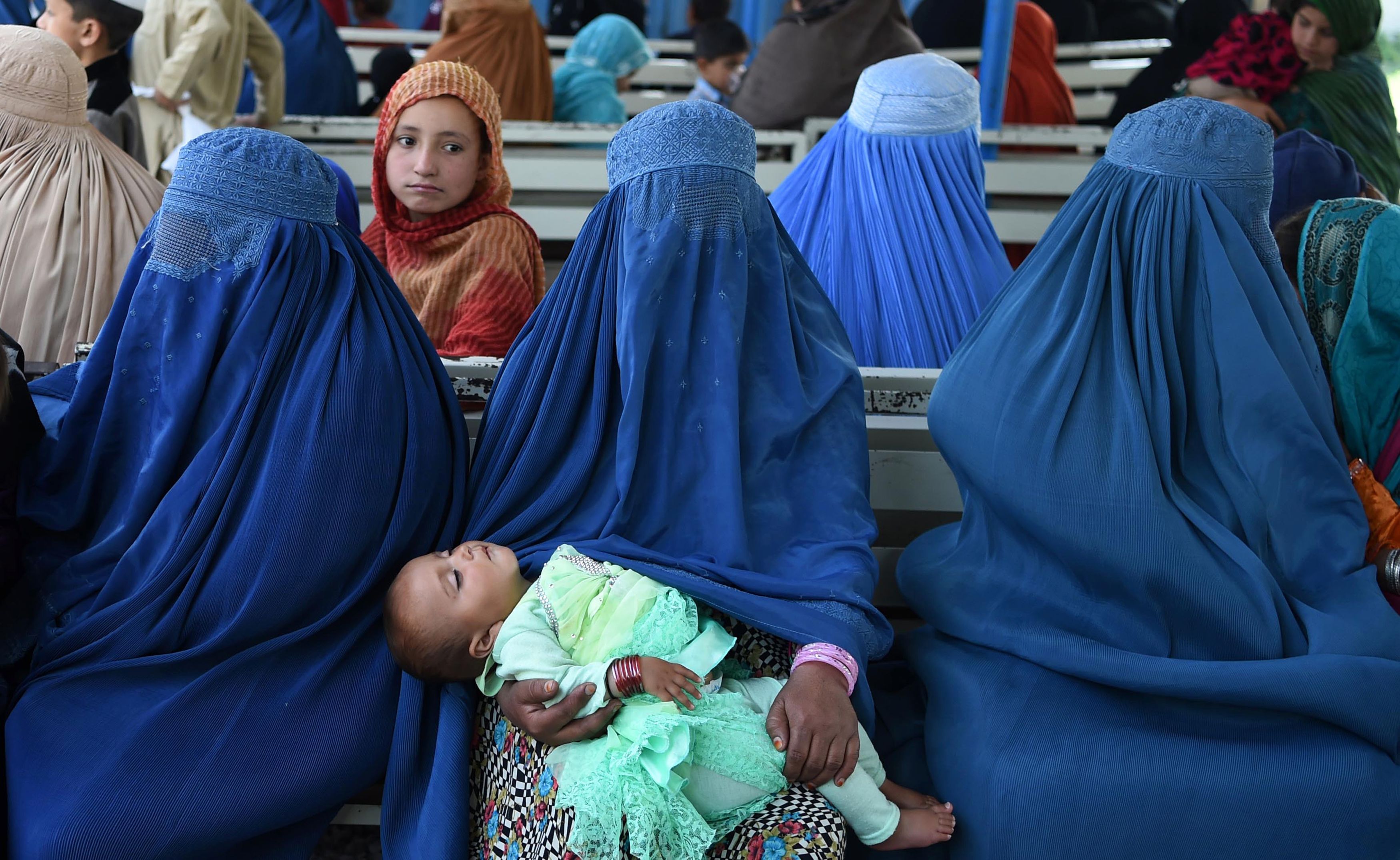Afghan women and girls could die because gender rules block UK aid, charity warns
Provincial leaders have told charities that women and girls can only see female doctors

Your support helps us to tell the story
From reproductive rights to climate change to Big Tech, The Independent is on the ground when the story is developing. Whether it's investigating the financials of Elon Musk's pro-Trump PAC or producing our latest documentary, 'The A Word', which shines a light on the American women fighting for reproductive rights, we know how important it is to parse out the facts from the messaging.
At such a critical moment in US history, we need reporters on the ground. Your donation allows us to keep sending journalists to speak to both sides of the story.
The Independent is trusted by Americans across the entire political spectrum. And unlike many other quality news outlets, we choose not to lock Americans out of our reporting and analysis with paywalls. We believe quality journalism should be available to everyone, paid for by those who can afford it.
Your support makes all the difference.Many Afghan women and girls could die because the country’s strict gender separation rules prevent medical help from getting to them, an aid charity has warned.
Not-for-profit organisations have to get permission from provincial leaders before their female humanitarian staff can work in the area, Save the Children campaigns director Athena Rayburn said.
Some 5.5 million people are displaced in Afghanistan and the vast majority of them are women and children, she added.
Ms Rayburn told PA: “Even with our mobile health teams, we’re being told that we shouldn’t allow female patients to see male doctors.
“If we can’t ensure the protection for our female staff, those people will not receive services and it will lead to loss of life.
“That’s devastating, and something that’s entirely preventable.”
It comes after the Taliban said that no women would be made ministers in the Afghan government.
The militant group also said that women and girls would not be allowed to go to school unless the teacher of their class is female.
Ms Rayburn added that Save the Children has seen a huge increase in the number of malnourished children needing urgent care, and that the health system in Afghanistan has “pretty much collapsed”.
Less than a fifth – 17 per cent – of the 2,300 World Bank-funded health facilities in Afghanistan have been operational since the Taliban’s takeover of the country in August, which saw thousands of people desperately try to get evacuated to another country.
Ms Rayburn said: “It’s a really perfect storm of humanitarian catastrophe. And it’s certainly getting worse and being compounded by the continuing issues around getting cash into the country.”
She said demands from G20 leaders for the Taliban to allow humanitarian access across Afghanistan and keep the country’s borders open are a “step in the right direction” but that the UK government must prioritise funding education.
She said: “Typically, in humanitarian budgets, education is not funded because it’s not seen as life-saving.
“From our experience, education is categorically life-saving, and especially for vulnerable groups, such as girls.
“In many cases, it can literally be a safe place that their parents know their children will be for a number of hours a day that will allow them to go out and work.”
She added that the UK must make “qualified exemptions” within its anti-terror legislation, which currently prevents charity workers from giving material aid to specific Taliban leaders.
Since the last US troops withdrew from Afghanistan in August, Save the Children has been able to give more than 40,000 people healthcare and education in seven of Afghanistan’s 34 provinces.
The charity resumed work in Kandahar, Kabul, Jowzjan, Balkh, Laghman, Nangarhar and Kunar in September, after previously operating in these provinces and three more.
A UK government spokesman said: “We are looking at the best way to ensure critical, life-saving humanitarian aid continues to reach Afghans who need it.
“We have been clear with the Taliban and with our partners that we expect women and girls of all ages to be able to access quality education, and that their rights need to be protected.”




Join our commenting forum
Join thought-provoking conversations, follow other Independent readers and see their replies
Comments